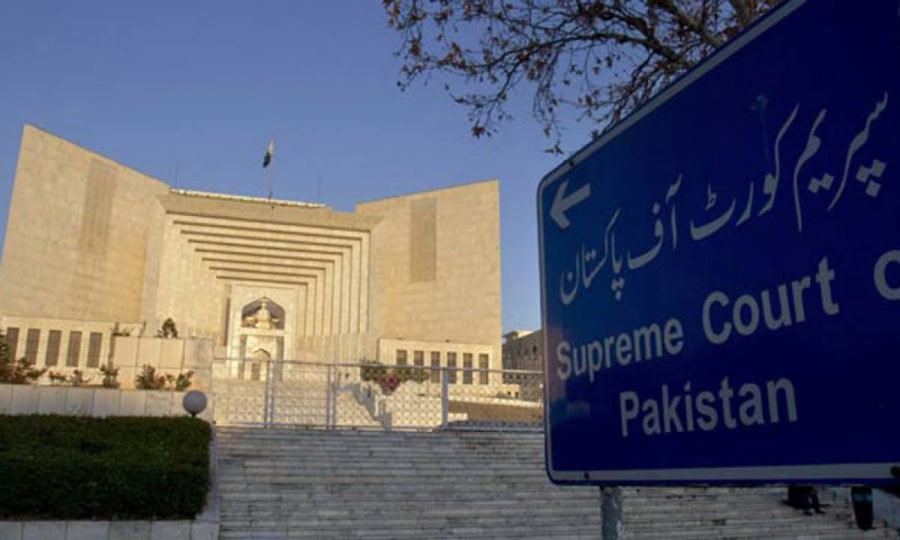Ijaz Kakakhel Islamabad
The Supreme Court of Pakistan on Wednesday delivered a detailed decision on the Practice and Procedure Act case, stating that the chief justice does not possess the unilateral authority to make decisions.
CJP Qazi Faez Isa in 21-page issued judgment, asserted that the constitution does not confer upon the top judge the power to act alone in making decisions under the Practice and Procedure Act. The judgment also stated a divided bench, with Justices Muzahir Naqvi, Ayesha Malik, and Shahid Waheed opposing the notion of sharing powers with the Chief Justice.
Notably, six judges disagreed on the legal provision of Article 184 III, which grants the right of appeal against decisions. Ultimately, a majority decision of 6-9 deemed the right of appeal constitutional. CJP highlighted the dissenting voices, including Justice Ejazul Hasan, Justice Muneeb Akhtar, and Justice Yahya Afridi, who supported the right of appeal.
The decision outlined that among those in favour of granting the right of appeal were Chief Justice QaziFaez Isa, Justice Sardar Tariq Masood, Justice Mansoor Ali Shah, Justice Aminuddin Khan, Justice Jamal Khan Mandukhel, Justice Athar Minallah, and Justice Musrat Hilali.
However, the judgment makes it clear that the Constitution does not grant unlimited powers to the Supreme Court. The court asserted that legislative power rests with Parliament, emphasizing the need for mutual respect between institutions. It stressed that the Supreme Court should not substitute its opinion for that of Parliament.
Underlining the significance of the Practice and Procedure Act, the ruling stated that it would enhance transparency and access to justice. A committee comprising the Chief Justice and two senior judges would empower the judiciary further.
The Act’s provision for the right of appeal under Article 184/3 was deemed a Sharia requirement and aligned with international legal norms. Justice QaziFaez Isa explicitly stated that the Constitution does not designate the Chief Justice as the “master of rosters,” emphasizing that the term “master” is derogatory in a democratic constitution.
The judgment argued that such terminology contradicts constitutional and Sharia principles, reflecting a mindset akin to slavery. The ruling concluded by asserting that decisions of the Supreme Court apply to other courts but not to the Supreme Court itself.
It clarified that decisions of larger benches prevail over those of smaller benches, and constitutional traditions cannot be applied arbitrarily to the style of law.










